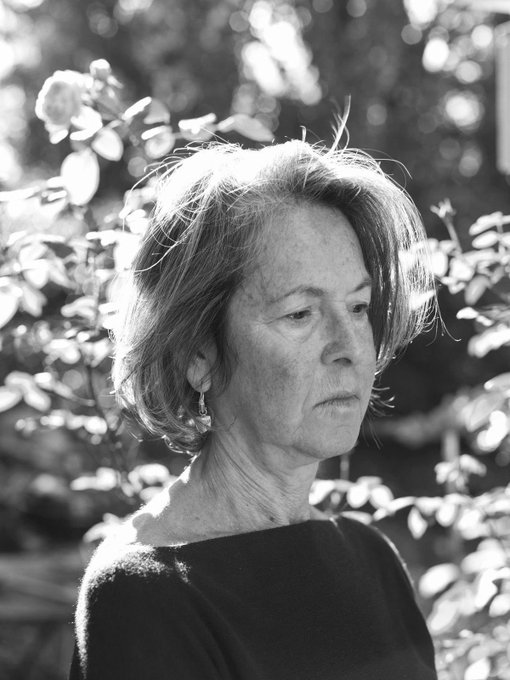Nobel laureate Louise Glück, celebrated for her poetic portrayal of life’s traumas and longings, died at 80 in her home in Cambridge, Massachusetts. Known for her deeply introspective and profound work, she had a profound impact on the literary world, leaving behind an enduring legacy.
Who was Louise Glück?
Louise Glück, a native of New York City, shaped the landscape of contemporary poetry through her unflinching exploration of human existence. Fusing classical allusions with raw emotion, her narrative delved into the complexities of love, loss, and the human condition.
Despite grappling with personal struggles and creative blockades, Glück’s commitment to her craft led her to receive numerous prestigious awards, including the Pulitzer Prize and the National Book Award.
Also Read: Who is Linda Boyd-Durkee, Barbara May Cameron’s partner?
Influenced by classical literature and philosophical musings, Glück’s poetry often delved into the complexities of human relationships, questioning the very foundations of love and intimacy. Notably, her acclaimed work, “The Wild Iris,” garnered the Pulitzer Prize in 1993, solidifying her position as a leading figure in contemporary poetry.
Glück’s profound exploration of trauma, disillusionment, and longing, along with her moments of profound joy, garnered critical acclaim and earned her the 2020 Nobel Prize in Literature.
A dedicated educator, Glück’s teaching career at esteemed institutions such as Stanford University and Yale University left an indelible mark on her students, who admired her for her unwavering commitment to nurturing young voices and guiding them towards their own creative expression.
Also Read: Who was Gerald Stern, prize-winning and lyrical poet, dead at 97?
Cause of death
According to her editor at Farrar, Straus & Giroux, Jonathan Galassi, Louise Glück succumbed to cancer at her residence in Cambridge, Massachusetts. Her recent diagnosis, revealed only days before her passing, serves as a poignant reminder of her profound connection to the transient nature of existence, echoing the themes that wove through her illustrious literary career.







